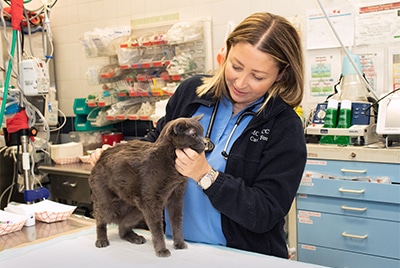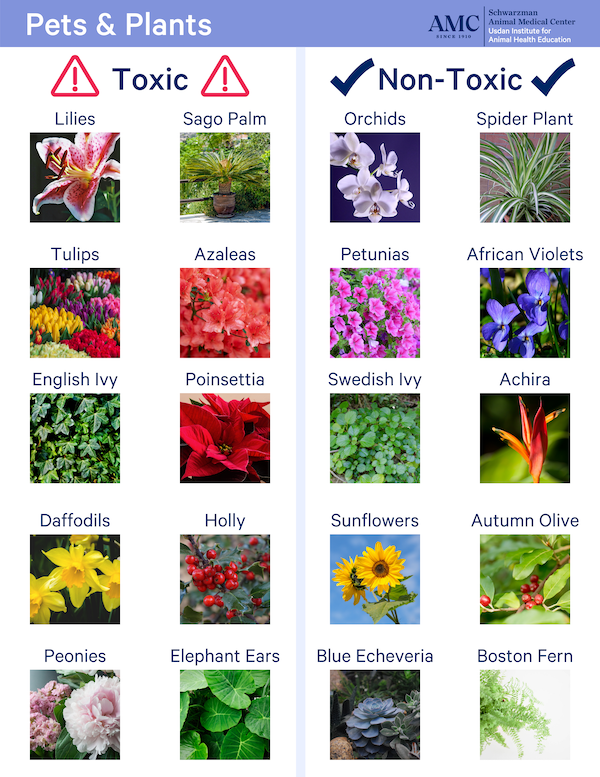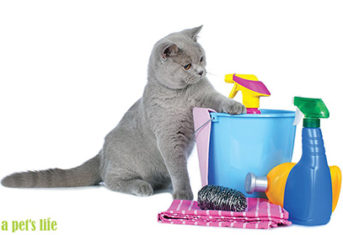AMC Veterinarians Contribute to Improving Management of Feline Poisoning

AMC Veterinarians Contribute to Improving Management of Feline Poisoning
The Schwarzman Animal Medical Center’s animal ER saw nearly 20,000 pet visits in 2022. Many of those patients were poisoned. Given Easter is around the corner, lilies and chocolate come to mind as ingestion of these are common poisonings during the Easter holiday season. In data published by the ASPCA Animal Poison Control Center, human medications have consistently topped the list of agents causing poisoning in pets. Human medications account for 17.5% of calls to the ASPCA Animal Poison control Center in 2017 and 17% in 2016. Since next week is National Poison Prevention Week, this is a good time to talk about a recent publication authored by AMC veterinarians describing poisoning in three cats.
Creating New Knowledge
One of AMC’s missions is to create new knowledge through research and because we see thousands of sick and injured pets every year, we can use our experience treating those pets as one method of creating new knowledge. To meet our research mission, every year AMC veterinarians publish 30-40 scientific articles sharing new information with other veterinarians and the public. The recent article in the Journal of Veterinary Emergency and Critical Care written by AMC veterinarians helps to define the best treatment protocol for cats poisoned by a human medication, lisdexamfetamine, a drug in the amphetamine class of pharmaceutical agents.
Unique Findings of the Report
This report by Drs. Crecraft, Prittie and Mastrocco of AMC’s Department of Emergency and Critical Care highlights some unusual features of lisdexamfetamine poisoning in three cats. First, based on calls to the Animal Poison Control Center, dogs are usually the victim of poisoning. I suspect cats’ finicky nature when it comes to food protects them against eating things like their owner’s medication. But there must have been something about the lisdexamfetamine that made it seem tasty to three different cats from different families. Second, the cats described in this report were sick for several days after ingestion, which was unexpected. And finally, the cats developed low blood sugar, a finding not previously reported with amphetamine poisoning. By sharing these findings in the Journal of Veterinary Emergency and Critical Care, AMC helps other veterinarians successfully manage cats with lisdexamfetamine poisoning.
Pet Proofing for Prevention of Poisoning
Luckily, the three cats with lisdexamfetamine poisoning survived, but prevention of poisoning in pets, is a much better strategy. Here are some simple steps to prevent accidental poisoning in your cat or dog.
Place Medication in a Secure Location and be sure guests don’t leave their pocketbook or backpack where your pets can access it.
Keep These Six Foods Away from Your Pets
- Onions and garlic
- Chocolate
- Grapes and raisins
- Caffeinated beverages
- Alcoholic beverages
- Xylitol containing food and sweets
Choose Pet Safe Plants
Click here for suggestions from AMC’s Usdan Institute for Animal Health Education on pet safe plants.

For more information on poisoning in pets, view the Usdan Institute for Animal Health Education’s Pet Health Library entry on Poisoning.

































